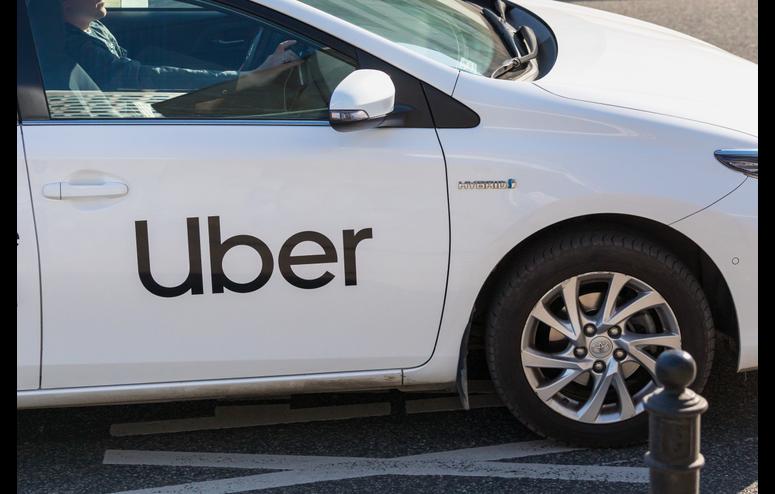Three Travel Stocks to Consider this Holiday Season - Tokenist

Neither the author, Tim Fries, nor this website, The Tokenist, provide financial advice. Please consult our website policy prior to making financial decisions.
As the holiday season approaches, traveling enters people’s spending plans. According to AAA’s latest figures, 55.4 million travelers will go more than 50 miles from their homes. This would make 2023 one of the strongest traveling years, alongside 2005 and 2019, marking a 2.3% growth from 2022.
The traveling business spans cruise ships, buses, and trains, which saw an 11% traffic uptick during Thanksgiving. At the same time, the air travel forecast for this year shows a 6.6% growth compared to 2022. This is not surprising since the average domestic flight price increased 5% from a year ago.
In contrast, the average price of car rentals diminished by 20%, just as domestic cruises dropped by 12%. However, when contrasting destinations, the picture is divided. Average domestic (US) tours are priced 15% less, while international tours cost 21% more.
Given these trends, which travel stocks are poised to benefit this holiday season?
Uber Technologies Inc. (NYSE: UBER)
Mostly known for its Uber Rides division, this multinational transportation network also launched Uber Eats five years after its founding in 2009. In 2017, the company launched another division, Uber Freight, which generated $1.3 billion in revenue for Q3 FY23, a 27% downturn from a year-ago quarter.
Nonetheless, Uber’s founding core, Uber Rides, has gained 11% growth in Q3 at $9.3 billion in revenue. Gross bookings increased by 21%, to $35.3 billion, while trips increased by 25%, to 2.4 billion. Drivers and couriers earned $15.9 billion, including tips, which marks a 24% year-over-year uptick.
Based on these growth figures, Uber likely crossed the 6 million milestone, considering 5.4 million drivers onboarded the ride-hailing platform in 2022. At the same time, Uber’s debt-to-equity ratio is steadily declining, going from ATH of 1.48 in September 2022 to 0.98 this September. Although considered high for some companies, the liability level is relatively low for a growth company like Uber.
These data points paint an oversold picture ahead of the holiday season. Based on 36 analyst inputs pulled by Nasdaq, UBER stock is a “strong buy.” The average UBER price target is $61.48 vs the current $54.91. The high estimate is $75, while the low forecast is $51 per share.
Join our Telegram group and never miss a breaking digital asset story.
Booking Holdings Inc. (NASDAQ: BKNG)
Booking Holdings is The umbrella for all things travel-related, from rentalcars.com to priceline.com. Alongside other services, they cover online reservations for vacation packages, flights, hotels, cruises, and car rentals.
In Q3 FY23, Booking beat both revenue and earnings estimates. At $72.32 earnings per share (EPS), it exceeded Zacks consensus of $67.86 EPS. Likewise, the global travel facilitator overshot the quarter’s revenue estimate by 1.54%, at $7.34 billion. This marks a 21% revenue growth from the year-ago quarter.
Impressively, Booking’s present debt-to-equity ratio is negative 22.03, having slipped into more equity than debt territory since May. This show of financial strength gives BKNG a “strong buy” from 26 analyst inputs pulled by Nasdaq.
The average BKNG price target is $3418.42 vs the current $3144.14. The high estimate is $4000, while the low forecast is $2402 per share.
Carnival Corporation (NYSE: CCL)
While imposed lockdowns spurred a day-trading boom, they have devastated the cruising industry. Consequently, CCL shares have plummeted 71% since January 2020. Yet, they are up 85% year-to-date, marking a strong rebound of the beleaguered sector.
As of this November, Carnival operates a combined fleet of 91 ships, while its subsidiary Carnival Cruise Line operates 25 ships, positioning the company as the largest cruise line brand in the world. Over the past five years, Carnival achieved net income growth of 35.87%, per the latest Q3 FY23 report.
Carnival’s revenue hit an all-time high of $6.9 billion in the quarter. The cruise liner expects lower fuel consumption for FY23 than in 2019, at a nearly 16% lower cost. In addition to the rebound, the company lowered its debt by $4 billion from its Q1 ’23 peak, poised to end the year with less than $31 billion.
Based on 19 analyst inputs pulled by Nasdaq, CCL stock is a “strong buy.” The average CCL price target is $18.27 vs the current $14.77. The high estimate is $23, while the low forecast is $14 per share, aligning with the present price range.
Did the lockdown period affect your favorite transportation mode? Let us know in the comments below.
